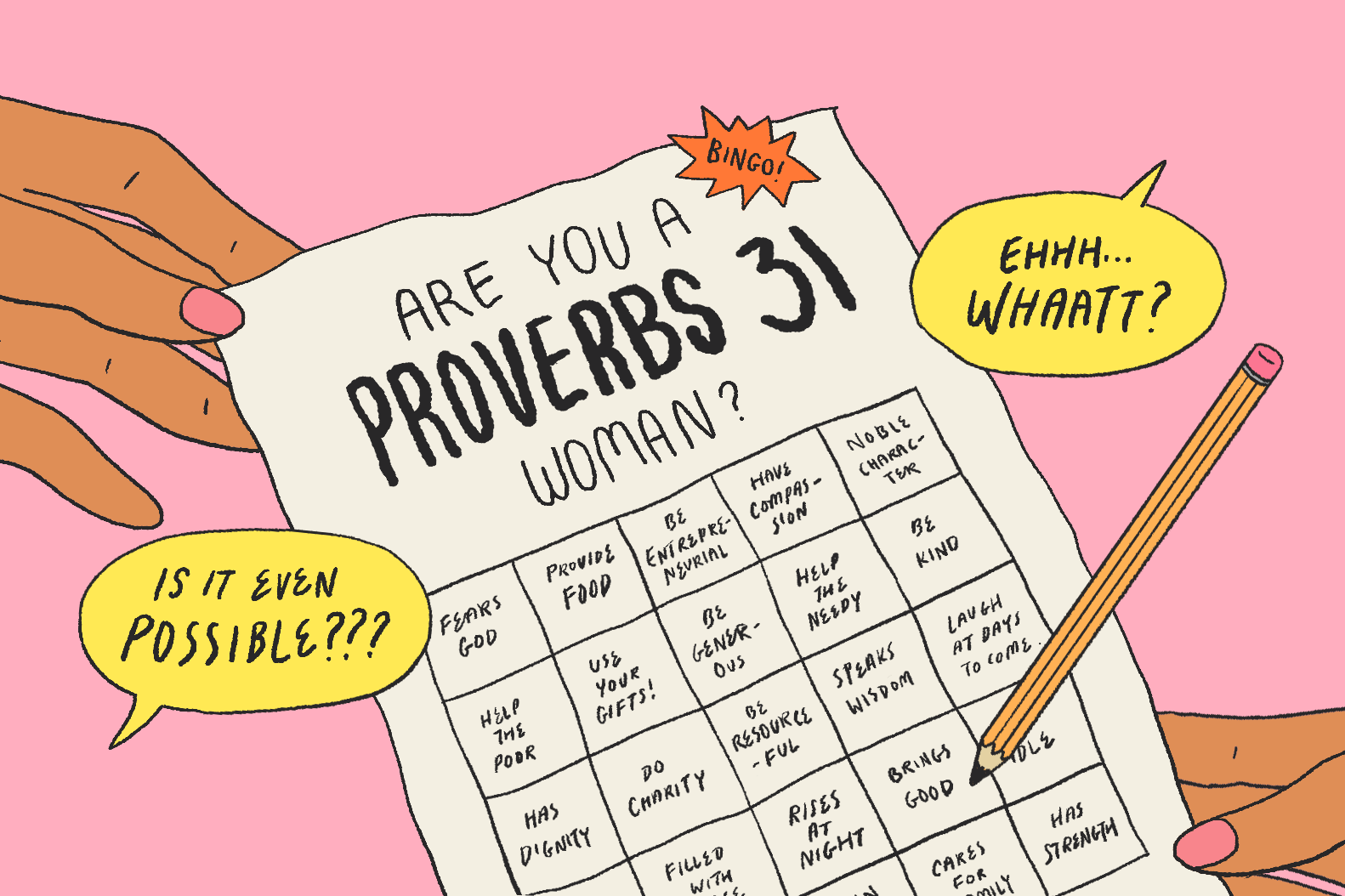“I’m so sorry, but I just don’t see you in that way…”
The camera cuts to a wide shot of two individuals at a 45º angle, then pans between one pensive face and another (devastated) one. An instrumental piece plays sorrowfully in the background. Rain is not necessary but creates good atmosphere.
Ah, to think that rejection can also be romanticised, especially by the Korean entertainment wave that has permeated our culture so deeply today. Truth be told, apologies are not always exchanged in real life, which only makes the experience of rejection even harder.
Realising that the friend who rejected me through mutual friends would not even bother to apologise cut deeper. Even if we could not be together, surely our many years of friendship would warrant a face-to-face apology – or explanation – at the very least.
Rejection, in all its forms, often stings in the deepest and darkest areas of our life that we often strive to keep hidden – our insecurities. Am I really not good enough for that person/school/job? Will I, then, ever find the right person/place/career?
 It will take a while for me to recover. It is, after all, my first rejection after having guarded and protected my heart for much of my youth, for the man that I know the Lord has kept for me.
It will take a while for me to recover. It is, after all, my first rejection after having guarded and protected my heart for much of my youth, for the man that I know the Lord has kept for me.
And in the midst of my recovery, I am thankfully, reminded of the greatest rejection of all, one that is described in heart-wrenching detail in the Gospel of Luke, even before Jesus was nailed onto the Cross.
When Pilate the Roman governor was examining Jesus, he found no wrong in Him (Luke 23: 14). Yet while Jesus was blameless, Pilate still announced that he would punish Him before releasing Him to appease the people who were accusing Him (His own people, the Jews).
Biblical commentaries inform us that the punishment dealt out to criminals by the Romans included whipping. David Guzik tells us that the whip the Romans used was gruesome;
“The victim of a Roman scourging was tied against a post, and struck with a whip that had bits of glass, sharp rock, and metal tied to the end of leather cords. The whip would be struck at the top and dragged down the back, until the victim’s entire back was a bloody, open wound. Many people died just from this scourging.”
A bloody, open wound. And I can only imagine the deafening mob of Jews mocking Jesus as He was scourged – these could have been the same people who shouted “Hosanna! Blessed is he who comes in the name of the Lord!” (John 12: 13)
I would like to believe that the physical hurt Jesus endured from the whipping, one that should have already killed Him, paled in comparison to the hurt He felt from being rejected by the very group of people He had been come down to rescue.
Not to mention, being outrightly denied by those whom He had loved, healed and taught throughout His years of ministry (Luke 22: 61).
And we all know what came after – this rejection was superseded by abandonment from His own Father when He hung on the Cross.
“From noon until three in the afternoon darkness came over all the land. About three in the afternoon Jesus cried out in a loud voice, ‘Eli, Eli, lemasabachthani?’ (which means ‘My God, my God, why have you forsaken me?’).” (Matthew 27:45-46)
 And unlike me, Jesus didn’t expect an apology from them, even till today. The sting of my rejection is no match for the stripes on His back and the holes in His hands, feet and side. (John 20: 27)
And unlike me, Jesus didn’t expect an apology from them, even till today. The sting of my rejection is no match for the stripes on His back and the holes in His hands, feet and side. (John 20: 27)
Understanding the intensity of the rejection that Jesus experienced altered my perspective on how to face my rejection. It also reminded me of how I must be after I step out of this season of recovery, even in receiving that very brother who rejected me.
The Lord’s reconciliation with His people despite the heartbreaking rejection, including reinstating Peter (John 21: 19) and each of us every day as His children, also challenges me to look towards the path of reconciliation now.
First, a reconciliation between myself and the Lord. Although the Lord isn’t responsible for my rejection, He allowed it, just as He allowed His Son to be rejected that night.
As disappointed as I am, Jesus already modelled the perfect response for me, “Father, if You are willing, take this cup from me; yet not my will, but Yours be done.” (Luke 22: 42)
And it is in submitting to His will this season that I will relearn how to surrender my insecurities surrounding romantic relationships. This includes what it means to guard my heart so that no one can take His position at the centre of it all. After all, my heart is the safest in the hands of it’s Maker.
If the Lord could restore Peter, I will take His response as a benchmark for my own response.
Second, a reconciliation between my brother in Christ and I. I know that this will be tougher – not because of the hurt – but because of the disappointment I feel towards his careless actions and words.
Yet, if the Lord could restore Peter, I will take His response as a benchmark for my own response. Even if our friendship may never be the same, I choose to respond to this man with grace and gentleness.
Rejection will always sting. But by the stripes He got from our rejection of Him, we can hold fast to the promise that our wounds will always heal.
The author’s name has been changed for confidentiality.









